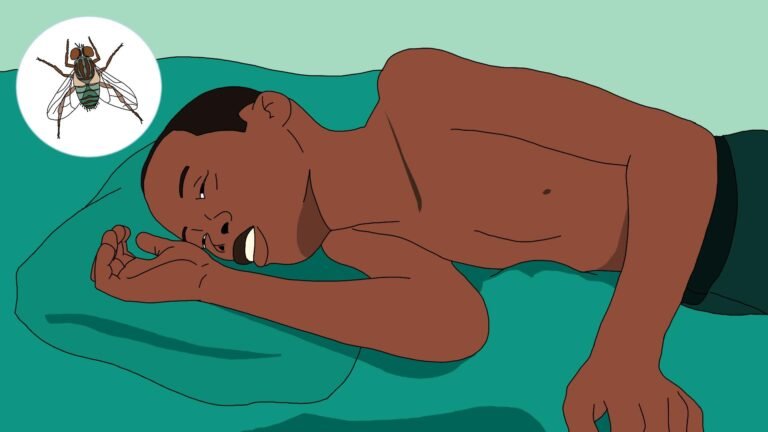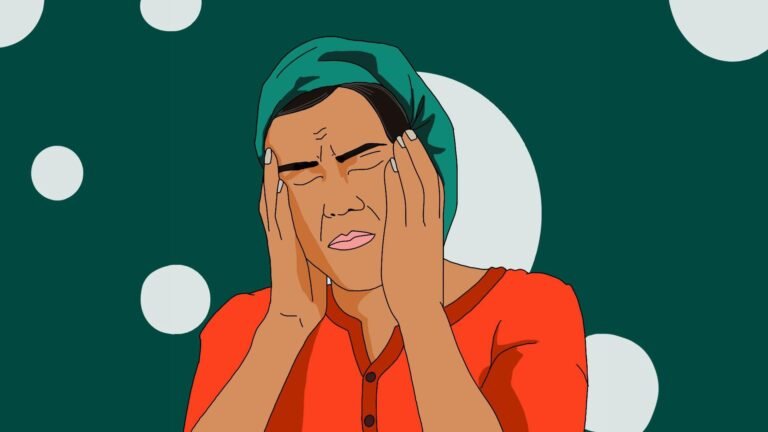
Alzhemier’s Disease
What is Alzheimer’s disease?
Alzheimer’s disease is a brain disorder that slowly destroys memory and thinking skills and, eventually, the ability to carry out the simplest tasks. People with Alzheimer’s also experience changes in behavior and personality. Alzheimer’s disease is a progressive form of dementia. Dementia is a broader term for conditions that negatively affect memory, thinking, and behavior which affect living negatively. Dementia can have a range of causes, such as brain injuries or diseases. Sometimes the cause is unknown.
There is no cure for Alzheimer’s, but there are treatments that can slow the progression of the disease.
Alzheimer’s disease is a chronic (long-term), ongoing condition. It is not a typical sign of aging. Alzheimer’s and dementia aren’t the same thing. Alzheimer’s disease is a type of dementia. Its symptoms come on gradually, and the effects on the brain are degenerative, meaning they cause slow decline. Anyone can get Alzheimer’s disease, but certain people are at higher risk for it. This includes people over age 65 and those with a family history of the condition.
There’s no single expected outcome for people with Alzheimer’s. Some people live a long time with mild cognitive damage, while others experience a more rapid onset of symptoms and quicker disease progression. There’s no cure for Alzheimer’s yet, but treatment can help slow the progression of the disease and may improve quality of life. Alzheimer’s disease is not a normal part of aging. It is the result of complex changes in the brain that start years before symptoms appear and lead to the loss of brain cells and their connections.
What are the misconceptions of Alzheimer’s?
In Ghana, mental diseases are commonly attributed to spiritual causes. People who develop Alzheimer are not properly diagnosed and treated and may be stigmatized as witches or wizards and could suffer inhumane treatment.
Risk Factors
- Age. Most people who develop Alzheimer’s disease are 65 years of age or older.
- Family history. If you have an immediate family member who has developed the condition, you’re more likely to get it.
- Genetics. Certain genes have been linked to Alzheimer’s disease.
- History of depression
- Cigarette smoking,
- Cardiovascular disease
- Previous traumatic brain injury
Having one or more of these risk factors does not mean that you will develop Alzheimer’s disease. It simply raises your risk level.
What are the symptoms of Alzheimer’s Disease?
Memory loss is the key symptom of Alzheimer’s disease. Early signs include difficulty remembering recent events or conversations. Over time, memory loss affects the ability to function at work or at home.
People with Alzheimer’s may:
- Repeat statements and questions over and over
- Forget conversations, appointments or events
- Get lost in places they used to know very well
- Have difficulty concentrating and thinking
- Lose the ability to make sensible decisions and judgments in everyday situations. They may, for example, use powdered soap to bath or not know what to do when food is burning on the stove.
- Forget how to do basic tasks like bathing and dressing
- Have changes in personality and behaviours, like changes in sleeping habits, delusions (such as believing something has been stolen) and social withdrawal.
- Have distrust in others
How can one detect Alzheimer’s?
The only definitive way to diagnose someone with Alzheimer’s disease is to examine their brain tissue after death. But a doctor can use other examinations and tests to assess your mental abilities, diagnose dementia, and rule out other conditions.
The doctor will likely start by taking a medical history. They may ask about your: symptoms, family medical history, other current or past health conditions, current or past medications, diet, alcohol intake, and other lifestyle habits from there, your doctor will do mental status test and physical exam to help determine if you have Alzheimer’s disease.
Alzheimer’s medication is to slow the progression of the disease.
How can Alzheimer’s be managed?
For early to moderate Alzheimer’s disease, medications such as donepezil (Aricept) or rivastigmine (Exelon) may be prescribed. These drugs can help maintain high levels of acetylcholine in your brain. This can help the nerve cells in your brain send and receive signals better. In turn, this may ease some symptoms of Alzheimer’s.
In addition to medication, lifestyle changes can help you manage your condition. For example, your doctor might develop strategies to help you or your loved: simplify tasks, limit confusion, get enough rest every day, use relaxation techniques and create a calming environment.






